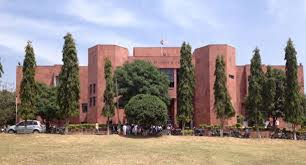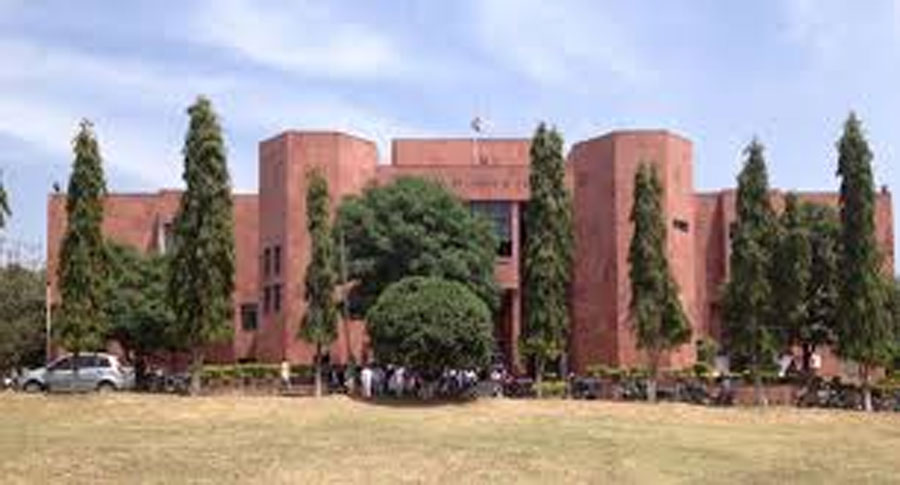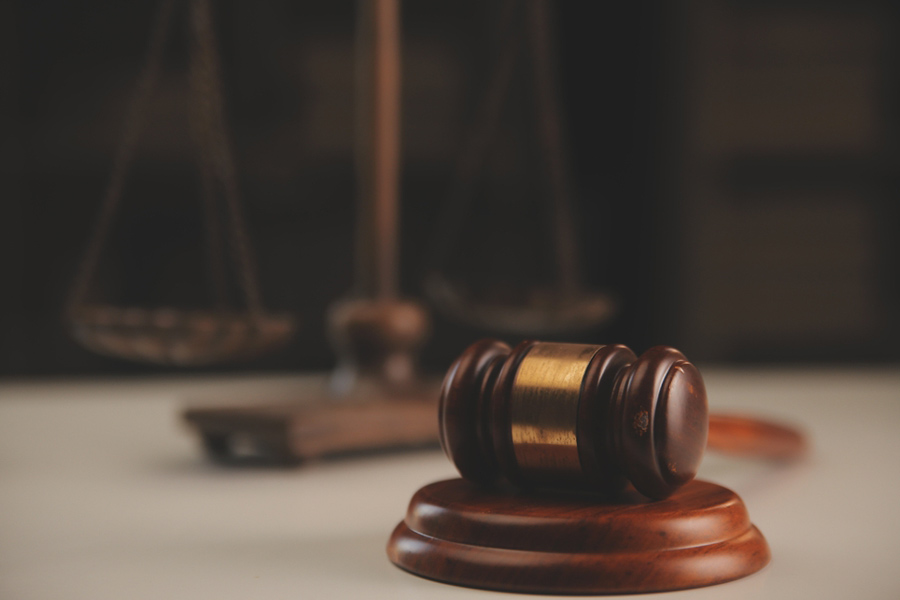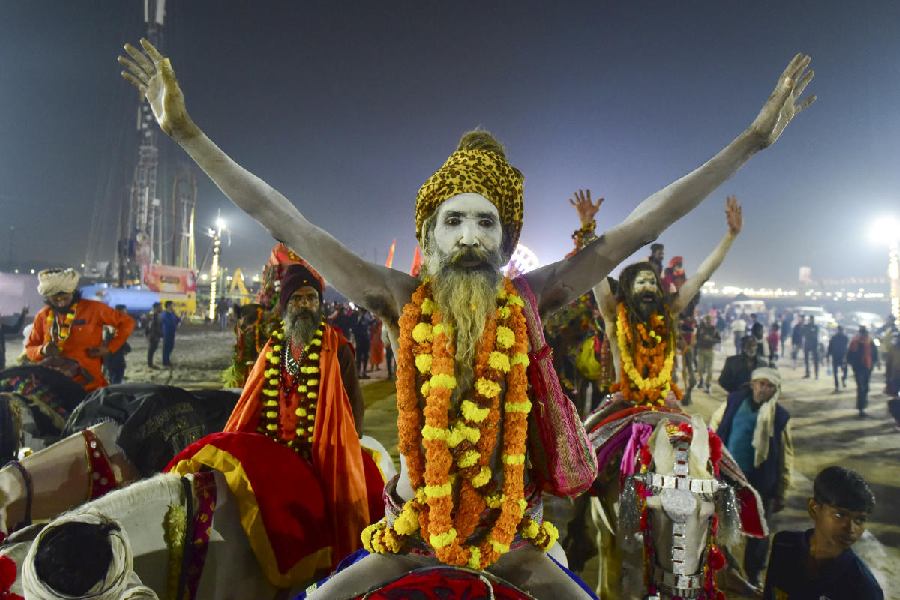A principal sessions judge in Srinagar has passed an order complaining that a high court judge obstructed him from granting bail to an individual, kicking up a controversy over the judiciary’s functioning in post-370 Kashmir.
In the order, judge Abdul Rashid Malik recused himself from hearing a plea for anticipatory bail from Srinagar resident Sheikh Salman, saying Justice Javid Iqbal Wani had directed him, through a phone call by his secretary, not to grant bail to Sheikh.
Sheikh faces several charges including attempt to murder.
Several lawyers in Srinagar told The Telegraph that Malik’s order was unprecedented and appeared to support allegations about senior judges and the executive increasingly interfering in the functioning of the lower courts.
However, they cautioned that there was more to the matter than met the eye.
A lawyer underlined that Sheikh’s detention was related to a “normal crime” rather than to the events of August 2019 when Jammu and Kashmir lost its special status and hundreds were arrested under the stringent Public Safety Act.
“He (Sheikh) had assaulted a young man and brazenly posted a detailed account of his bravado on social media, which earned him an FIR,” the lawyer said.
When the case came up before Malik on December 7, he passed an order saying: “At 9.51am, the undersigned received a call from Mr Tariq Ahmad Mota, secretary to Hon’ble Mr Justice Javid Iqbal Wani.
“The following were the contents of his mobile call: ‘I have been directed by Hon’ble Mr Justice Javid Iqbal Wani to convey you to make sure that no bail is granted to Sheikh Salman. If there is any anticipatory bail pending, the direction is the same’.”
Malik wrote that “for the aforesaid reasons, the undersigned expresses the inability to hear the matter”.
“This application is submitted to the learned registrar judicial, High Court of Jammu and Kashmir, with a request that the same may be placed before the chief justice as the matter involves the liberty of the person,” the order said.
It directed the petitioner’s counsel to appear before the high court registrar judicial. Sources said the application was forwarded to Chief Justice Geeta Mittal on December 9, the day she retired.
She referred the case back to the district court, where another judge granted bail to Sheikh.
Justice Wani has not reacted to the claim. Mota said he had “no comments” to offer.
A Srinagar lawyer, who requested anonymity, said there was nothing unusual in the matter except for a judge choosing to put a private conversation on record.
“These things happen in Jammu and Kashmir as much as they happen in any other part of the country. It’s not clear what is transpiring behind the curtains, particularly since it happened in the last week of the chief justice’s tenure,” he said.
“But the judiciary has been in crisis in Jammu and Kashmir since the abrogation of (Article 370 provisions).”
High Court Bar Association spokesperson Ghulam Nabi Shaheen parried questions about the incident but said judges had stopped acting independently since the August 2019 clampdown.
“They (the judges function) at the dictation of unseen forces. Out of hundreds of habeas corpus petitions, the judges have taken up only a few,” Shaheen said.
“In the past two to three months, you cannot point out a single habeas corpus case that has been heard by any judge. The Supreme Court has been clear that habeas corpus petitions should be disposed of in a week’s time. But that is being violated.”
Shaheen said the courts claim that 167 such petitions had been disposed of, but most of them had become fractious as the detention periods had expired by then.
Justice Wani is the son-in-law of former High Court Bar Association president Mian Abdul Qayoom, a separatist ideologue who was among the thousands arrested in connection with the events of August 2019.
Wani is the lone Kashmiri Muslim to have been elevated from the Bar to the bench during the six years of the Narendra Modi government.
As additional advocate-general last year, Wani had opposed the release of his father-in-law, a Public Safety Act (PSA) detainee.
Lawyers said hundreds of habeas corpus petitions, mostly challenging PSA detentions, were pending with the courts.
“The cases are listed after inordinate delays and when they come up for hearing, they are adjourned. Many cases have not even been heard. There are outside, unseen forces (behind) it,” Shaheen said.
The registrar judicial, Masrat Shaheen, refused to comment on Malik’s order but denied that habeas corpus petitions were not being heard.
“I don’t think so. Lots of cases have been disposed of,” Masrat told this newspaper.
She said she “won’t comment” when asked whether those cases alone had been disposed of where the detention period had already expired.












